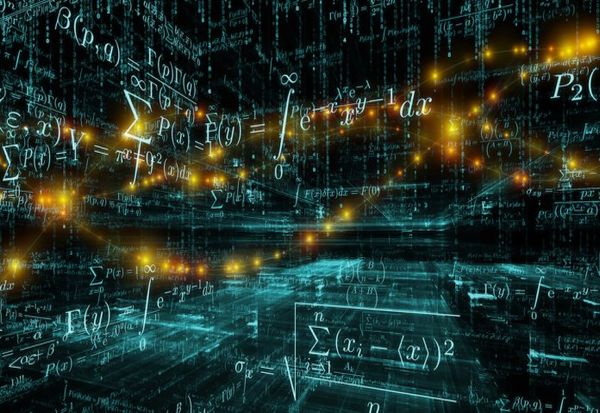World Economic Forum together with “Scientific America” recently joined forces and made a list of the top 10 innovative technologies this year.
The way to determine the results are potential ability to improve the lives, revolutionizing the industry and protect the planet. These are the technologies:
1. 2D material – The graphene is a leading material in this category, but decreased costs of production also allowed to emerge and other 2D materials.
2. Optogenetics – Progress in this area allow researchers to gain a deeper understanding of the brain and how it functions, which could lead to improvements in treatment-related brain disorder.
3. Perovskite Solar Cells – The sale of these cells reached a peak this year as people started to meet their flexibility and efficiency.
4. Autonomous vehicles – Fully autonomous vehicles yet to come (those with no steering wheel or pedals), this area of technology accelerates and will continue to do so over the next decade.
5. Nano scale sensors – Nano scale sensors allow us to measure, monitor and quantity of how the system while Internet nano-work is connecting these sensors to peer review system.
6. “Blockchain” technology – Where “Bitcoin” exceeded $ 1 billion in investments last year, the technology gets big boost and likely to be the name that will hear more often.
7. Metabolic Engineering – The latest scientific advances, scientists can now recreate nature and use renewable chemicals derived from plants as a substitute for fossil fuels.
8. Artificial organs – Biomedical research goes a step further this year because researchers have discovered a way to create a mini artificial organs allowing them to observe their mechanisms and behaviors without using animals.
9. Next Generation Batteries – The methods for energy storage has also made a huge step this year with batteries manufactured using sodium, aluminum and zinc, which have the power to power entire cities.
10. Open ecosystems of artificial intelligence – Smart robots are definitely on the rise this year with the introduction of digital assistants like Siri and Cortana, which in theory opens the field to other similar systems.

